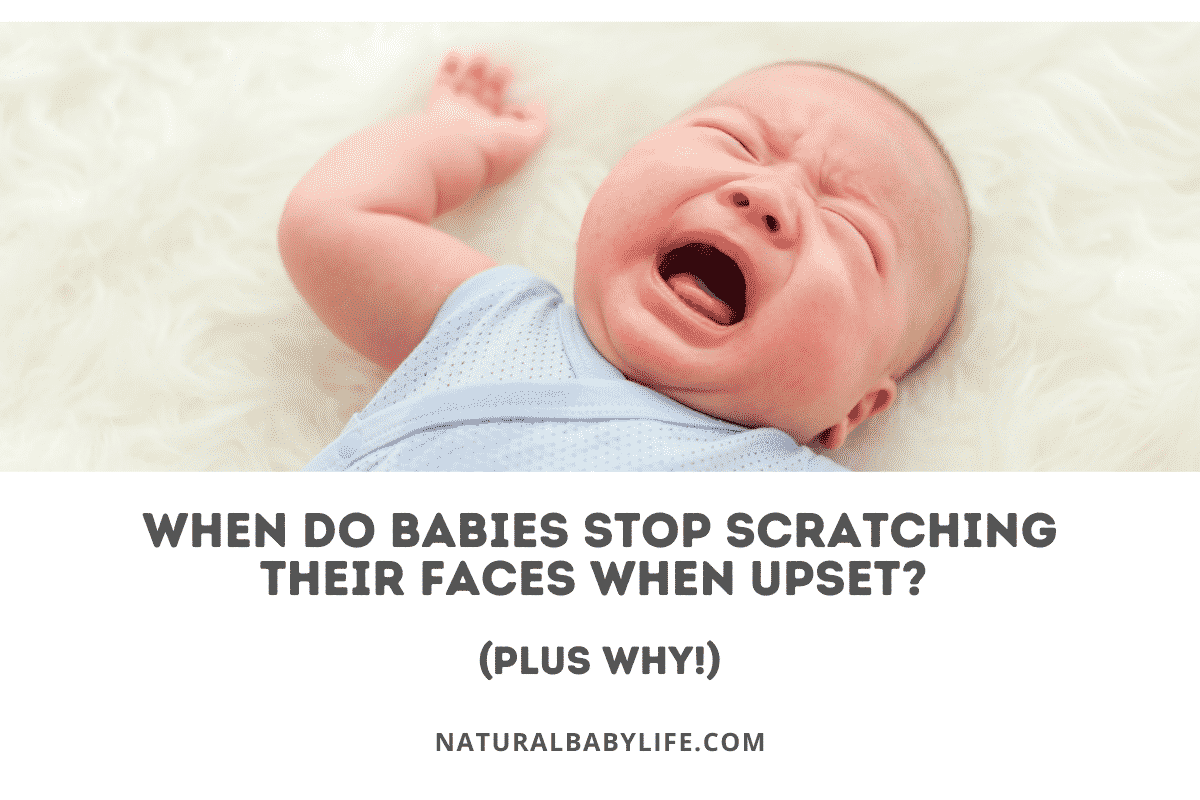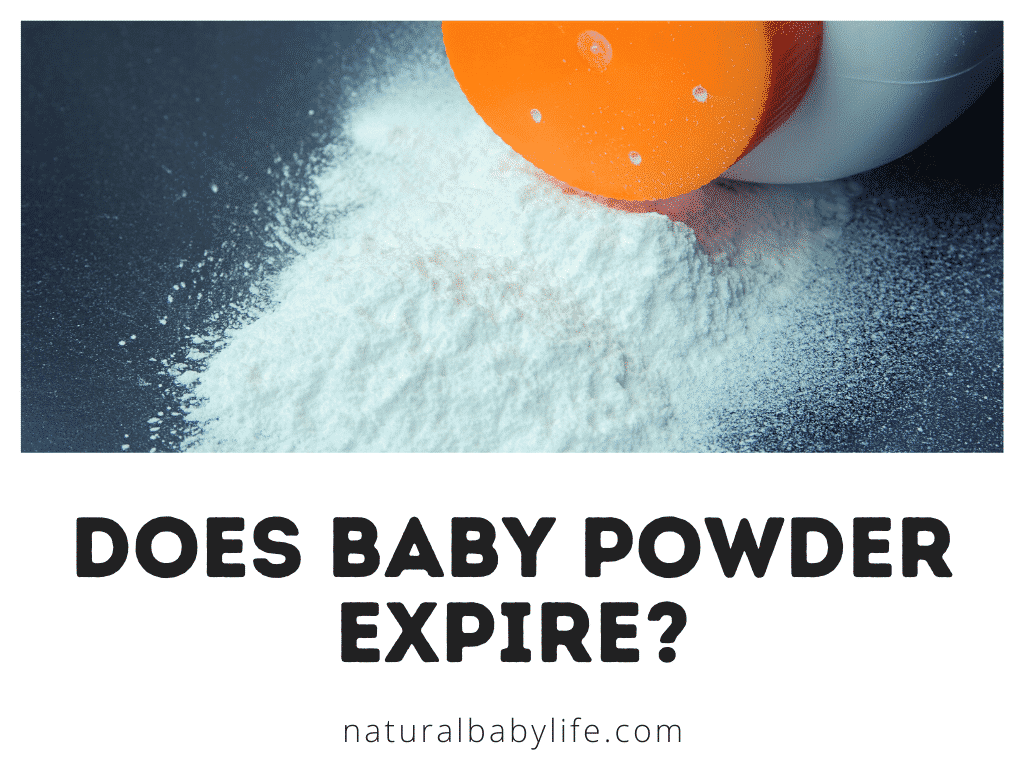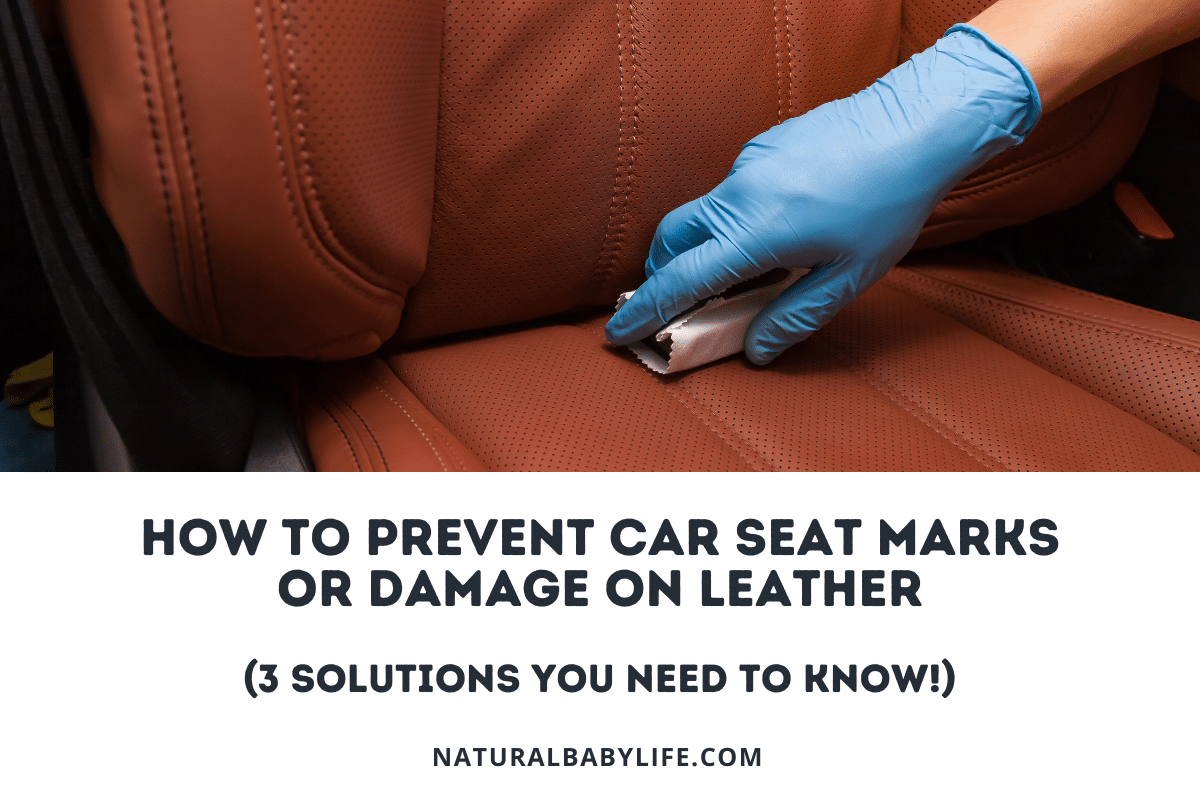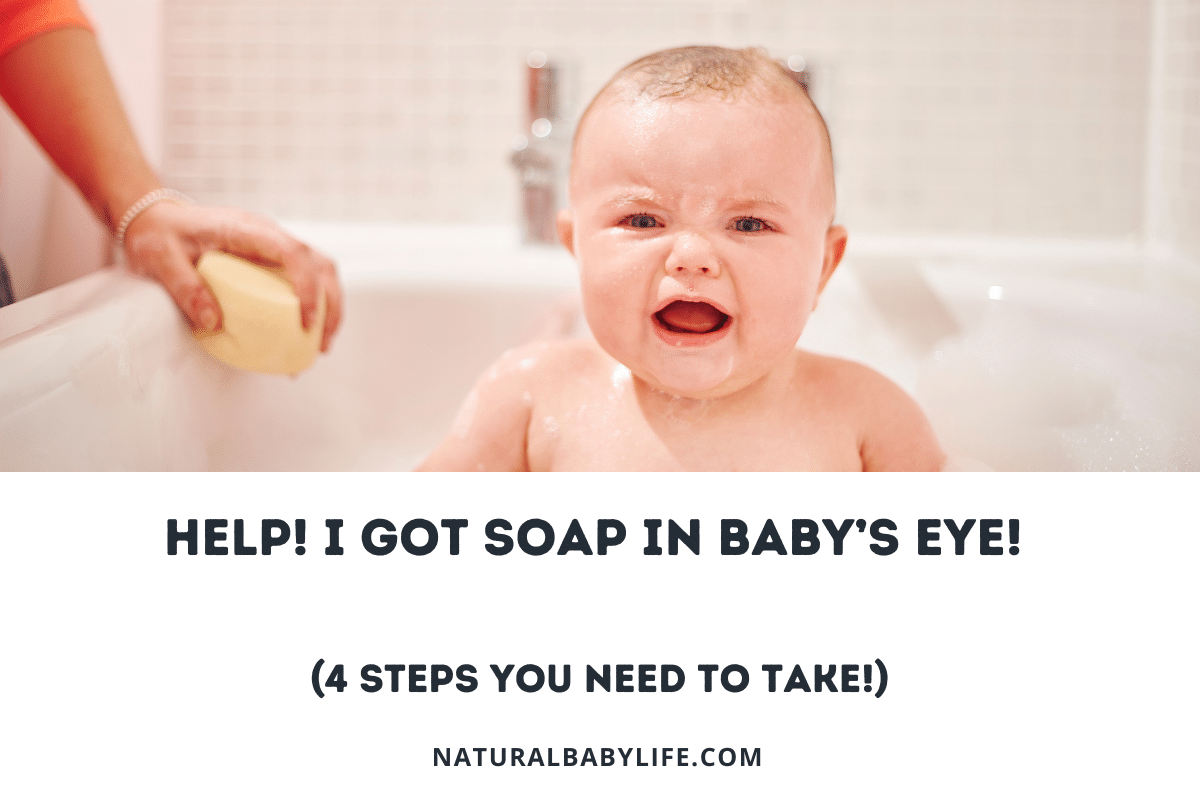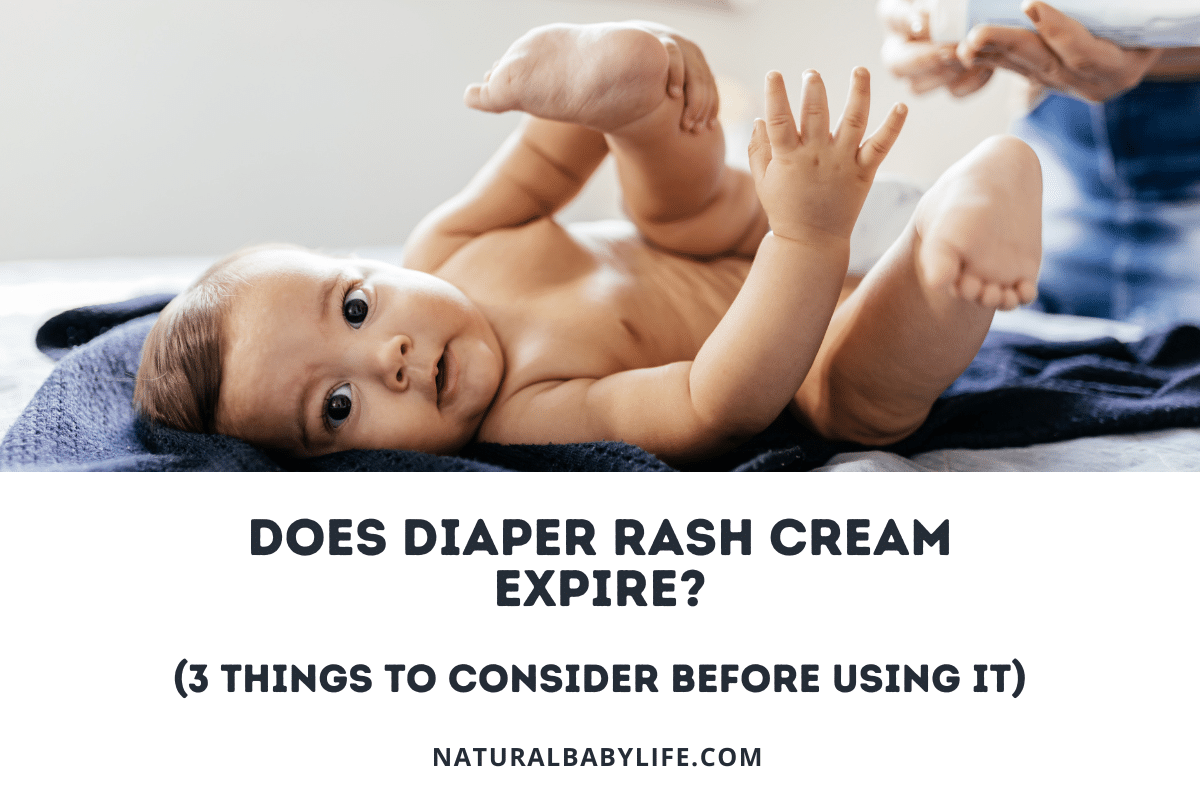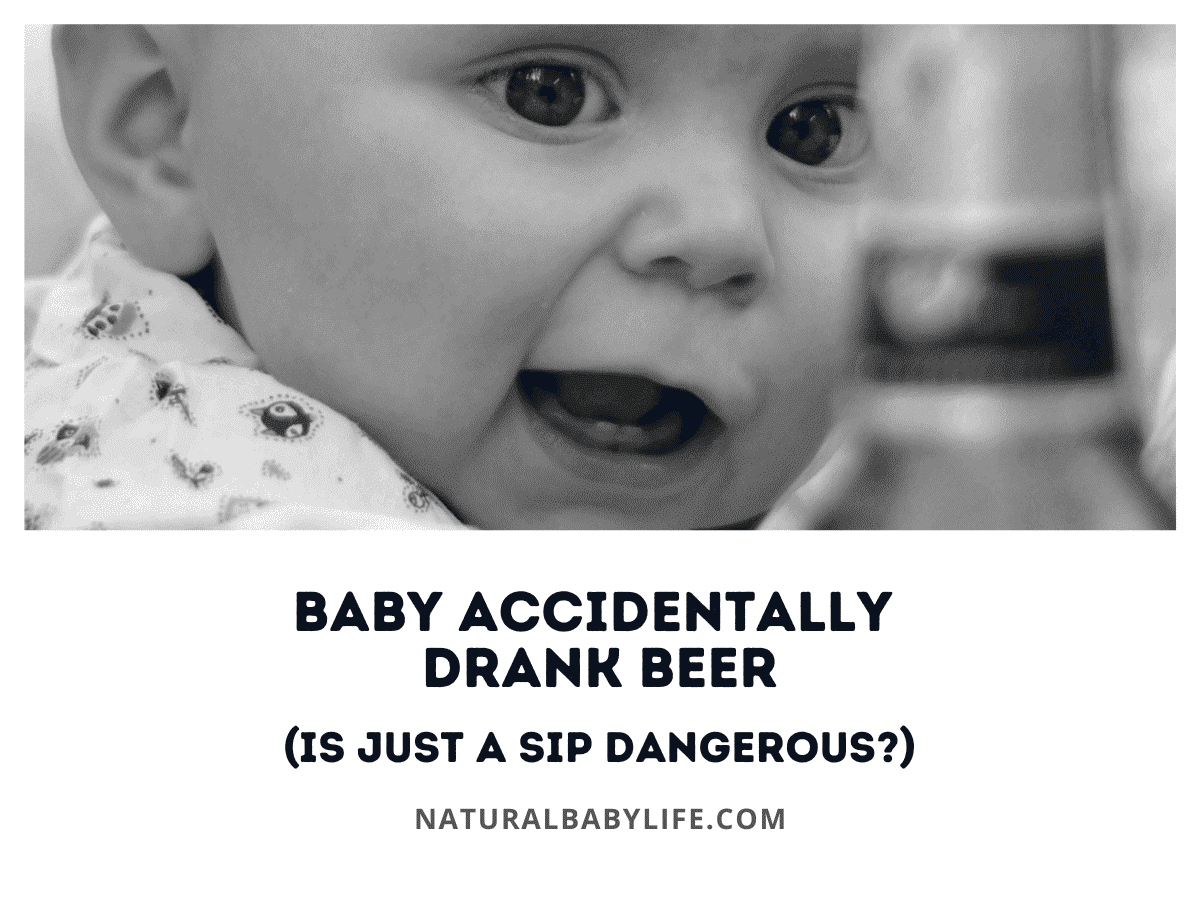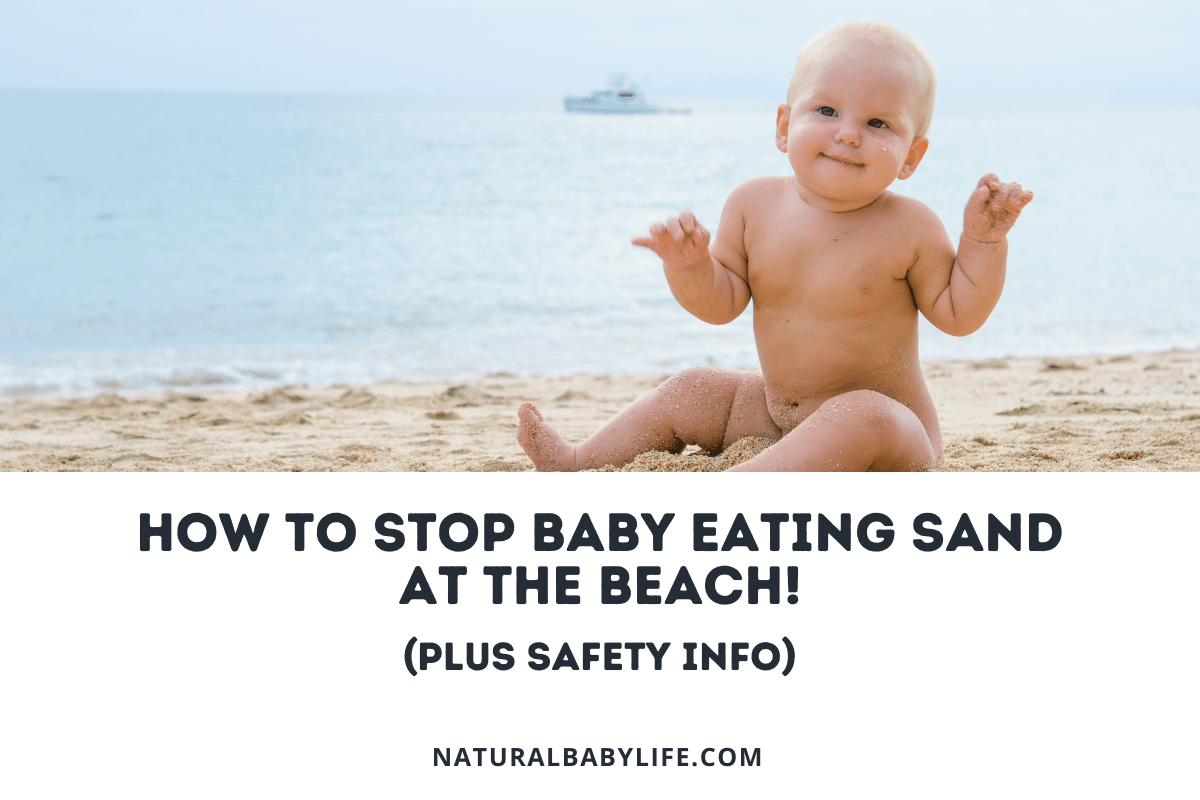Why do babies scratch their faces? When do they stop scratching their face? How do we prevent it? These are all common questions that every parent is likely to face at some point or another.
Babies usually stop scratching their faces by around 4-6 months as the Moro reflex subsides and they are less prone to jerking and accidental movements when they are upset or startled. Help prevent accidental scratches by trimming baby’s nails, keeping them swaddling while sleeping, and using mittens when appropriate
So why do babies scratch their faces anyway? Let’s answer that question and address some common concerns that you might have as a parent of a newborn!
Table of Contents
Why do babies scratch their faces?
There are several reasons that a baby could accidentally scratch her face, but a lot of it comes down to an immature nervous system, natural exploration, and proper nail care.
- All babies are born with a startle reflex, also known in the medical community as a Moro Reflex. The sudden jerky movements caused by the startle reflex can cause a baby to scratch him or herself. Most often these scratches end up on a baby’s face because their hands are in such close proximity to their face. Although startle reflexes are completely normal, knowing this doesn’t make it easy to witness or curb a parent’s concern that their infant might have actually hurt themselves.
- Babies also quickly become obsessed with their hands after birth and it’s common for babies to try and put their fingers in their mouths, suck on them, and generally play with their hands. All of these behaviors can lead to scratches because their hands will be moving around their faces frequently.
- Finally, baby nails are notorious for being razor-sharp. While they aren’t necessarily sharper than adult nails, they often have a thinner edge and can easily become jagged as they play and move around. These factors combine to produce frequent face scratches.
Let’s explore what can be done to prevent infant facial scratches, and make you feel more confident by learning about what works best to treat your infant’s facial scratching.
When do babies stop scratching their face on their own?
All babies are slightly different as far as their developmental milestones are concerned.
Generally, babies will stop scratching their faces as often between 4-6 months because the Moro reflect we mentioned earlier will subside and they will have more control over their own movements.
Most infants will begin to gain enhanced control over their arms and hands around four months old. As babies become stronger, their startle reflexes will begin to lessen and their facial scratching will generally begin to subside until it stops completely between four to six months of age.
My baby scratched her face – will it scar?
Fortunately, it is rare for a baby’s facial scratch to cause a baby significant pain. In most cases, an infant’s tiny fingers are not strong enough to pierce the skin, so the scratches they give themselves tend to be superficial and rarely break the skin.
Thankfully, it is also rare for a baby’s facial skin to scar from being scratched. Even in the unfortunate event that your baby scratches him or herself badly enough to break the skin, scarring is rare. In the event that your baby does break the skin from a self-inflicted scratch to the face, our tips section below provides tried-and-true skin-soothing options to help comfort your baby, speed the healing process, and prevent any unnecessary discomfort for your little bundle of joy.
Can I use Neosporin on my baby’s face?
Expert opinion on this question is a bit mixed.
While some experts recommend using a triple-antibiotic like Neosporin with babies to help speed the healing process, others are concerned with the potential for contact allergic reactions.
Practically, there is also the real issue that your baby will get the cream on her fingers and then those fingers are bound to end up in her mouth shortly after that. Unless the cut is bad, it’s unlikely that you’ll need to do much more than clean the area well to help prevent infection.
Thankfully, there are some safe alternatives to Neosporin that can help to soothe and comfort a baby’s delicate facial skin without as much risk of an allergic reaction. One of the most popular alternatives is Aquaphor healing ointment. It is often recommended because it is non-toxic, free of chemicals and dyes and is also hypo-allergenic. It’s also pretty inexpensive and you can pick up a tube of it right here (and read reviews of other parents that have used it!).
It is always a smart idea to check the labels on any topical product before using them on your baby’s skin; checking closely that the formulation will not cause an adverse reaction so you can rest assured the product is a safe option for your baby’s skincare.
How to prevent babies from scratching their faces
Now that we’ve explored what causes a baby to scratch their face, and we know that it’s a common infant behavior, let’s look into some tips to help prevent our infants from their next overzealous facial scratching session.
1. Baby scratching face when upset
It is not uncommon for a baby to scratch himself when upset. Though a baby does not need to be upset to scratch their face, an upset baby may be more likely to do so. When an infant is distraught they are more likely to be flailing their limbs about, and likely have less control of their body’s movements than when they are relaxed.
One of the best ways to prevent unnecessary infant facial scratching is to keep your infant’s nails filed nice and short. This can be achieved with the use of an infant nail file. Many parents find filing their baby’s nails safe, painless, and effective. Filing an infant’s fingernails is a gentle way to keep them short and it can even be done as a baby sleeps.
There are many well-rated products on the market to help keep your baby’s nails short and smooth. One of my favorites is the Nail Frida. It’s an S-Curved nail file with an ergonomic design that contours to small fingers with the goal of not disturbing the baby in mind. NailFrida nail files are designed for babies ages newborn and up, and they are pretty cheap! If you want to check them out then you can do so here (and read other positive reviews from parents!).
I’ve written a lot more about how to keep your nail’s properly filed and whether or not you even need baby nail clippers or baby scissors. You can check out those resources right here and right here.
2. Baby scratching face at night or in sleep
Unfortunately, it is not uncommon for babies to continue to scratch themselves during their downtime when a parent’s top goal for their little one is sound asleep. Thankfully, there are some options to help manage a baby’s sleep-time scratching, so they can focus their energy on their ever-so-important restorative sleep.
According to the National Sleep Foundation, soft mittens may help prevent your newborn from scratching his face while asleep. Many parents have had success covering their baby’s hands in these soft, functional baby mittens while they sleep. There are many good products to choose from when it comes to these tiny hand mittens– also known as hand covers.
Most of these no-scratch mittens are pretty similar in design – it’s just a fingerless mitten with a bit of elastic to help keep it on your baby’s hands. When it comes to clothing and other accessories, however, I like to make sure that I am choosing organic cotton for my baby so I would pick up these mittens here by Burt’s Bees to make sure they are high quality!
You might also want to consider using a sleep sack with your baby. Newborn versions are often similar to a swaddle and can help keep those hands from scratching faces at night. I’ve gone into much more detail about whether or not your baby could benefit from a sleep sack in the resource I created here.
3. Baby scratching face due to baby eczema
Some babies may be scratching their faces more to soothe an itch than due to their startle reflex. One of the main causes of itchy, rashy skin on a baby’s face is Eczema.
Eczema, also called, Atopic Dermatitis is a common skin condition that usually starts in early childhood. With Eczema, a baby may develop an itchy dry rash that can crop up anywhere on the body, including on the face.
Your baby’s eczema may flare up from contact with certain triggers.
Some triggers for Eczema in babies include:
- bath and skincare products
- laundry detergents
- soaps
Eczema may show up as crusty, inflamed patches on your baby’s skin, often during their first months of infancy. Though it may appear alarming and cause some discomfort for your little one, it is common and treatable and many babies outgrow it.
One of the first things you can do to ease the itchiness and discomfort caused by Eczema is to give your baby a nice warm bath. With the okay of your pediatrician, you may also try some natural Eczema treatments.
According to What To Expect, there are a few things that you can do to help your baby cope with the itchiness from eczema:
- Skip a day in between baths, keep them short, and avoid hot water.
- Use a high-quality baby lotion. My favorite is this one here from Made Of. It has a fantastic ingredients list, it’s natural and organic, and isn’t greasy. It’s also surprisingly affordable.
- Use a cool-mist humidifier.
- Don’t allow drool, urine, or poop to stay in contact with your baby’s skin for long.
- Watch out for food allergies that could cause a skin flare-up.
- If you have pets, ensure that there isn’t an allergy triggering problems.
My baby scratched her face and now it’s bleeding
It is both frightening and upsetting to see that your baby has scratched her face badly enough to draw blood. Though it is unusual, occasionally it does happen and in the event that it does, knowing how to treat the wound is important.
- The first thing you will want to do is comfort your baby and let them know they are safe. Holding or gently rocking your infant is a great place to start. If your baby expresses an interest in nursing or feeding, eating with a caregiver close by can also help comfort your baby and soothe their upset.
- Don’t forget to thoroughly wash your hands! The last thing you want to do is to accidentally expose your baby’s open wound to any unwelcome germs, so be sure to wash well with soap and warm water before treating your baby’s boo-boo!
- If they are bleeding, apply pressure with a sanitized cloth or a bandage until the bleeding stops.
- Wash the wounded area well with hypo-allergenic soap and water.
- Keep an eye on the process of your baby’s healing skin. Make sure to keep the area clean and moisturized to encourage healing.
If you haven’t already done so, now might be a good time to check out those mittens that I recommended before!
Infant hand covers can be especially useful during nap time and while he or she sleeps. Many parents report getting peace of mind knowing that their precious little one cannot disturb their delicate and healing face.
As hard as it may be to accept, babies will scratch and possibly even wound their faces from time to time. The good news is that babies are far tougher than they appear. In most cases with a bit of TLC, infant facial scratches can be easily treated and sometimes even prevented.

